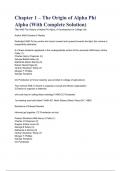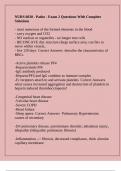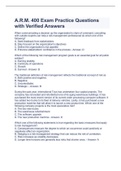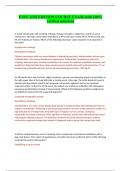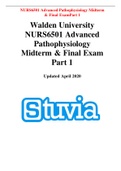Essay
AQA A LEVEL History: NEA Model A* Essay (German Unification)
- Institution
- AQA
This is the A Level History NEA (German Unification) essay I wrote for AQA A LEVEL HISTORY to achieve an A* in 2024, saving you the trouble of having to look for good model answers, and allowing you to achieve the A* you deserve!
[Show more]




